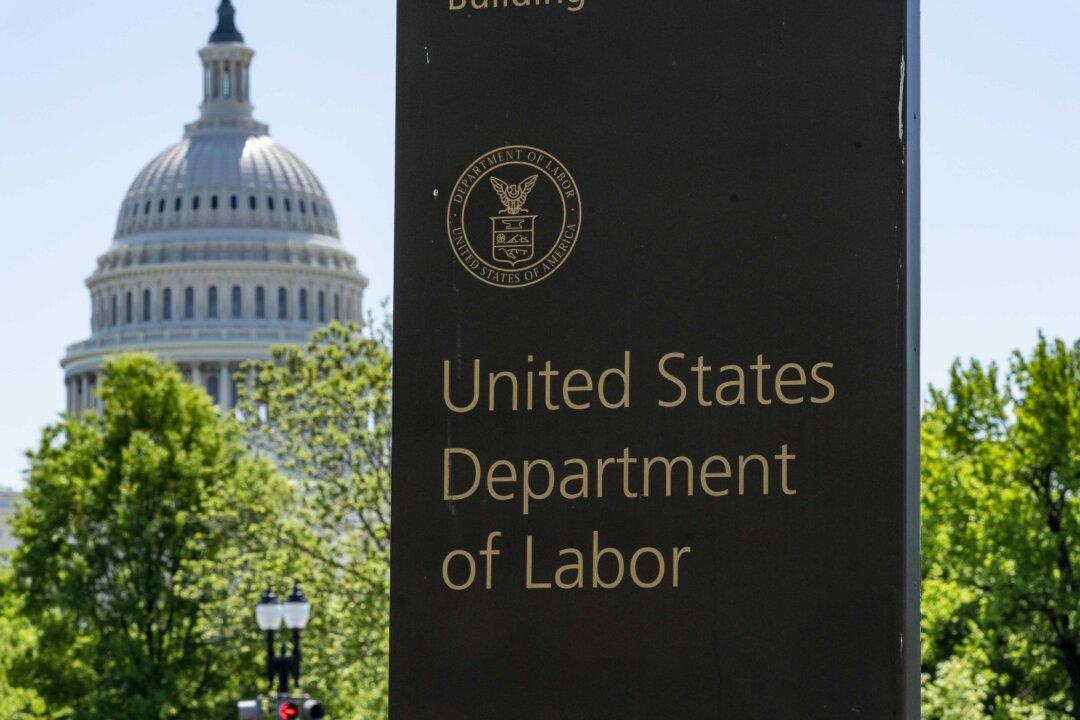The U.S. Department of Labor’s Office of Inspector General (OIG) has said that criminals stole billions of dollars in unemployment money that was issued during the COVID-19 pandemic, and used some of it to purchase drugs and weapons.
Congress in March 2020 launched an unemployment aid program for Americans who were unable to work as a result of lockdowns, under the Coronavirus Aid, Relief, and Economic Security (CARES) Act.




